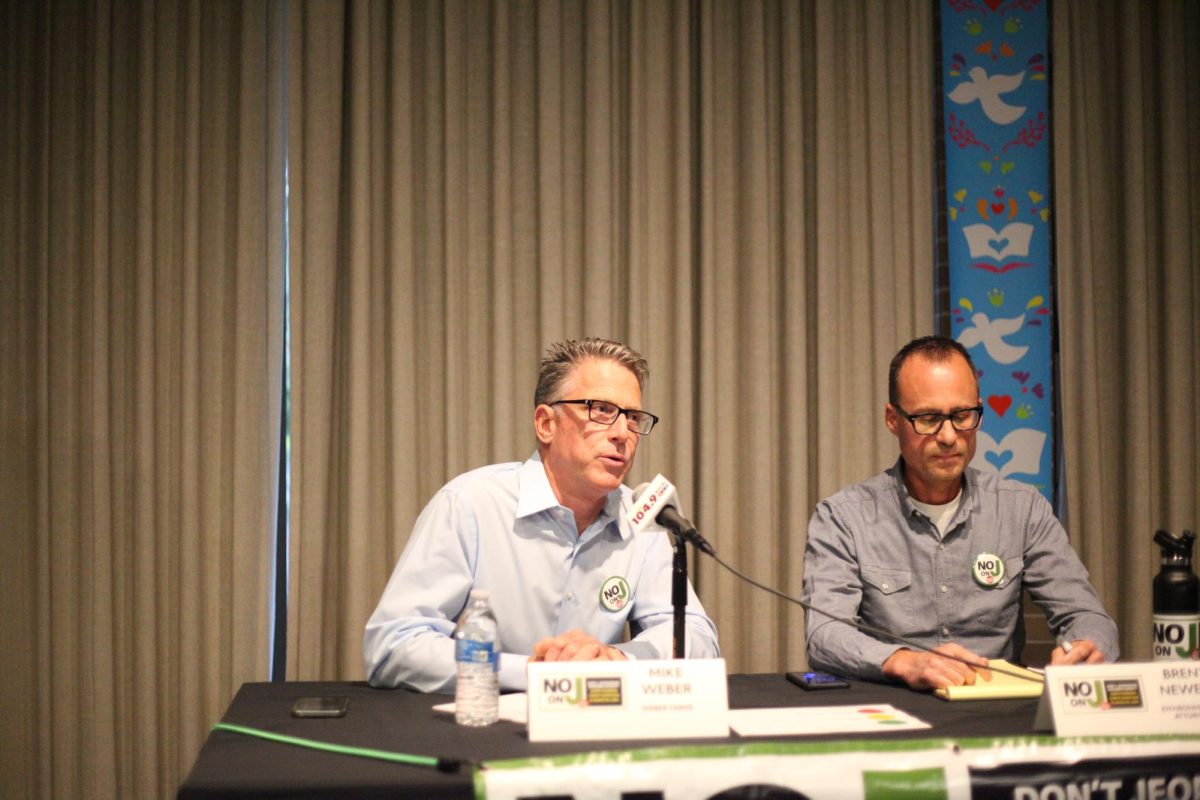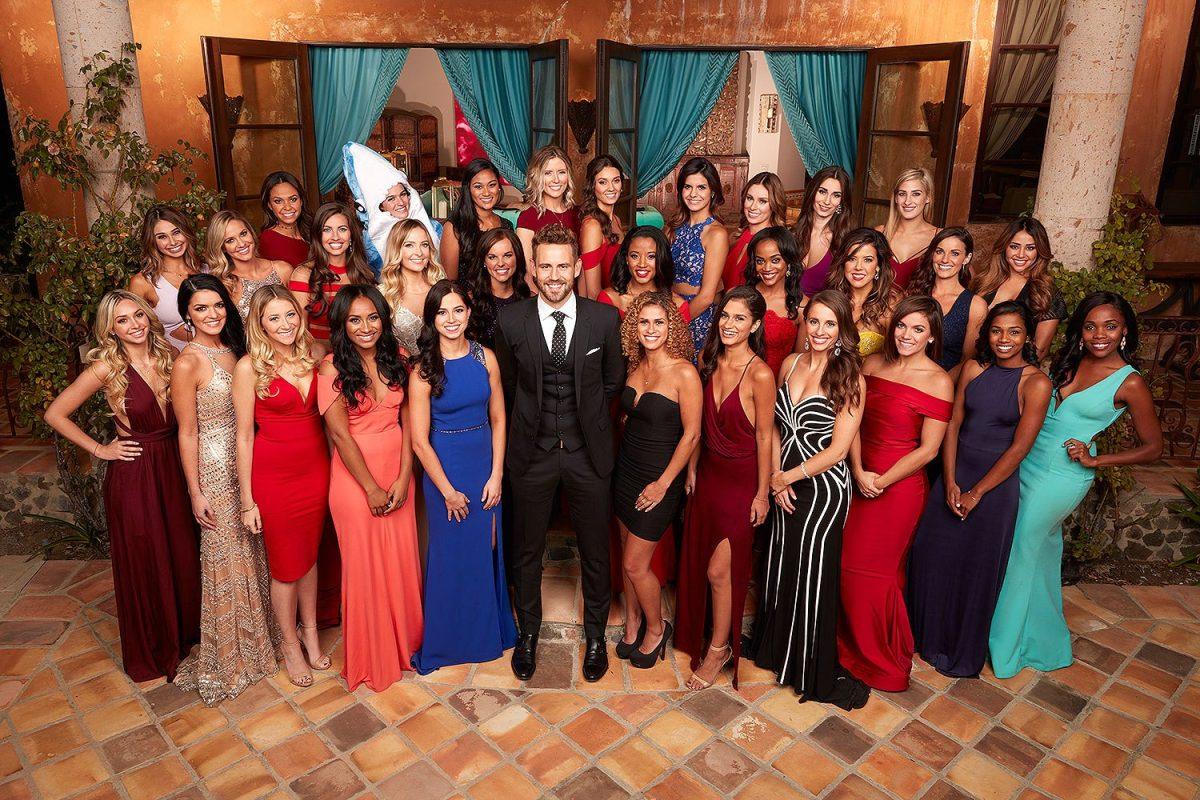“The Bachelor,” a reality dating show, has always received criticism for its portrayal of modern dating, its heterosexual nature and its obvious lack of racial diversity.
Many feminist viewers have argued the reasoning behind this show being such a guilty pleasure stems from the absolute ridiculousness of the concept in general.
A group of 25 women or men with a range of ages and professions arrive at a Los Angeles mansion in limousines, and six weeks later, the bachelor or bachelorette is expected to be engaged to one of them.
The notion that this show portrays a realistic idea of modern love is a laughable idea at best.
The contestants who apply for the show are under contract and are stuck there as long as the producers want. The producers place themselves in the role of choreographers for drama and high ratings, while the contestants themselves are put in roles: the villain, the slut, the smart one etc.
The producers choose the order of who gets out of the limo first and last, according to their perception of who has the best chance of making it to the end, according to The List.
The dialogue is so predictable that fans have created drinking games surrounding scripted phrases. Even all of those “secret meet-ups” between a bachelor and a contestant are staged by producers. If this show is so obviously a dramatically fabricated idea of falling in love, why is it still vastly popular?
Many have argued “The Bachelor” is degrading towards women and portrays dangerous examples for young women. The ABC Network sets up the show so that viewers who are sitting on their couches drinking wine will root for that seasons bachelor to “find love,” which is perpetuating the idea that finding a partner is based on competition and emphasizing the dominant ideology that marriage is the ultimate goal.
As women, we are already constantly pitted against each other, we definitely don’t need reality shows monopolizing on that.
The show itself is structured to reinforce gender binaries, female submissiveness, beauty myths, toxic masculinity and heteronormativity. For these reasons, the show caters towards a very specific audience. If the network had other priorities besides high ratings, they would transcend past this cookie-cutter framework and implement more diversity in terms of gender, race, sexuality and financial background.
“The Bachelorette” is making history with its new season which will feature Rachel Lindsay — the first black bachelorette to date. This is a big step for ABC, considering black women are usually just token characters that are voted off the show in the first few weeks. There have only been 43 black contestants on the show, which equates to 4.3 percent of all contestants.
The current season featuring bachelor Nick Viall is the most diverse cast, accumulating 18.6 percent of black contestants in history, according to Vulture.
Although this may seem like a frivolous victory, having Lindsay as the Bachelorette will assist in breaking the stereotype of the “angry” or “unladylike” black woman and begin to normalize positive images of black women on screen.
While this reality show trio adds to the already present media exploitation of sexist, racist and cisgender stereotypes, is the show itself to blame? Does watching this show make you anti-feminist?
I don’t believe it does. If we are to learn anything from the bachelor it is that examples of female solidarity and authentic images of love and happiness are still absent from pop culture.
Categories:
“The Bachelor” portrays unrealistic relationship standards
Olivia Hunt, Staff Writer
•
March 8, 2017
Donate to Sonoma State Star
Your donation will support the student journalists of Sonoma State University. Your contribution will allow us to purchase equipment and cover our annual website hosting costs.
More to Discover


































